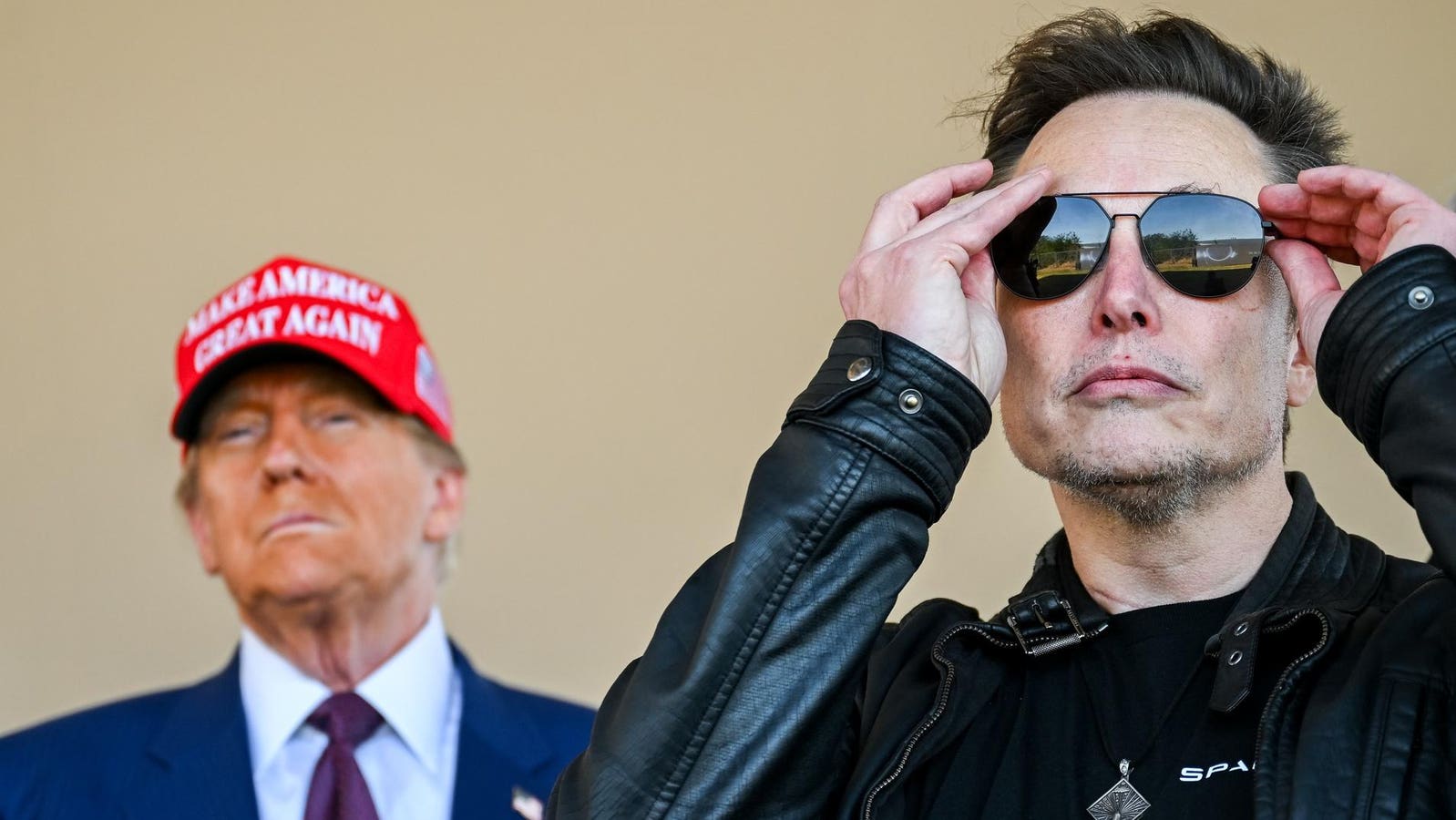Money
From OpenAI Power Play To DOGE Mission Control

Elon Musk’s Expanding Influence: A Bid for OpenAI and a New Role in Government Efficiency
In a move that further solidifies his position as one of the most influential figures in tech and beyond, Elon Musk has launched a bold $97.4 billion bid to acquire the nonprofit organization that controls OpenAI, the company behind the revolutionary AI chatbot ChatGPT. This bid, submitted by Musk’s attorney Marc Toberoff to OpenAI’s board of directors, represents the latest chapter in Musk’s ongoing rivalry with Sam Altman, OpenAI’s former CEO, over the direction of the company. At the same time, Musk has taken on a new and equally transformative role: leading the Department of Government Efficiency (DOGE), a federal agency created by President Donald Trump in January 2025 to bring Silicon Valley-style management to government operations. These dual developments underscore Musk’s rapidly expanding influence across both the private and public sectors.
A Vision for Efficiency: Musk’s Philosophy and the Early Success of DOGE
Musk’s ability to identify and eliminate bottlenecks in complex systems has been a hallmark of his success across industries, from Tesla to SpaceX and beyond. This same philosophy is now being applied to federal bureaucracy through DOGE, where Musk and his team are tasked with cutting spending and streamlining regulations. Marc Andreessen, co-founder of Andreessen Horowitz, has praised Musk’s hands-on approach, noting that he "dives deep into the engineering details himself," a rare trait for a CEO of his stature. This relentless focus on efficiency and problem-solving has already yielded results at DOGE, where Musk’s team has identified major inefficiencies in federal operations and applied the same analytical rigor that transformed Tesla’s manufacturing processes. As Andreessen observes, "success isn’t just about the big innovations—it’s about solving thousands of small problems quickly and efficiently."
Revolutionizing Industries: Musk’s Impact on Tesla and SpaceX
Musk’s management style has been instrumental in revolutionizing multiple industries. At Tesla, his hands-on approach transformed automotive manufacturing. The company’s Fremont factory, once criticized for its "production hell," now produces electric vehicles at a rate that traditional automakers struggle to match. In 2023 alone, Tesla delivered over 1.8 million vehicles globally, solidifying its position as the world’s leading electric vehicle manufacturer. Similarly, at SpaceX, Musk’s focus on identifying and addressing bottlenecks led to the development of reusable rocket technology, which has slashed launch costs by approximately 90% compared to traditional methods. The company’s Starlink satellite internet service now serves over a million subscribers worldwide, while its Starship program aims to revolutionize space travel and potentially enable human colonization of Mars.
Beyond Tesla and SpaceX: Musk’s Diverse Portfolio of Ventures
Musk’s influence extends far beyond his flagship companies. His acquisition of Twitter (now rebranded as X) in 2023 for $44 billion marked a bold foray into social media. While his management approach there has been controversial, it mirrors the same philosophy of identifying core inefficiencies and making radical changes to address them. The Boring Company, another Musk venture, is working to revolutionize urban transportation through underground tunnels, with projects already completed in Las Vegas and ambitious expansion plans in other cities. Neuralink, his neural technology company, recently achieved a major milestone by successfully implanting its first device in a human patient, bringing the company closer to its goal of helping people with severe disabilities regain independence through brain-computer interface technology.
A New Frontier in Public Service: Musk’s Push for Transparency and Accountability
At DOGE, Musk is applying his private sector principles to public service, with a particular focus on transparency in government spending. He has argued that taxpayers have a right to know exactly how their money is being spent, a stance he recently emphasized in a post on X. This push for accountability aligns with his broader philosophy of efficiency and effectiveness. While critics argue that Musk spreads himself too thin across his various ventures, his management philosophy provides a counter-argument. By focusing on bottlenecks and maintaining deep technical engagement, he has developed a system that allows him to make meaningful contributions across multiple industries—and now, the public sector—simultaneously.
The Future of Musk’s Empire: Expanding Influence and a Vision for the Next Frontier
Looking ahead, Musk’s influence shows no signs of waning. With Tesla pushing into robotics with its Optimus project, SpaceX preparing for Mars missions, X evolving into what Musk calls an "everything app," and DOGE working to reshape federal efficiency, his impact on both private industry and public service continues to grow. What makes Musk’s empire particularly remarkable is not just its scope but its underlying philosophy. By maintaining deep technical engagement and focusing relentlessly on bottlenecks, Musk has created a management style that enables him to operate effectively across multiple complex domains simultaneously. Whether this approach proves sustainable in the long term remains to be seen, but its impact on modern business practices and now government operations is already profound. As Musk continues to push boundaries and challenge the status quo, one thing is clear: his influence will shape the future of industries and institutions for years to come.
-

 Money3 days ago
Money3 days agoConsumer Financial Protection Bureau Adds Error Message To Home Page
-

 Australia20 hours ago
Australia20 hours agoTropical Cyclone Zelia intensifies to category 2 storm
-

 Asia21 hours ago
Asia21 hours agoWhat you need to know about 2024 YR4, the asteroid that could hit Earth in about eight years’ time
-

 Money2 days ago
Money2 days agoWinning Content Strategies For Wealth Managers
-

 Entertainment13 hours ago
Entertainment13 hours agoPrince Harry and Meghan Markle’s Best Moments and Photos From the 2025 Invictus Games
-

 Politics21 hours ago
Politics21 hours agoDozens of religious groups sue to stop Trump admin from arresting migrants in places of worship
-

 Entertainment3 days ago
Entertainment3 days agoEvery Celebrity Who Attended the 2025 Super Bowl: A Guide to the A-Listers at the Big Game
-

 Australia7 hours ago
Australia7 hours agoTropical Cyclone Zelia intensifies to category five system off Pilbara coast
















